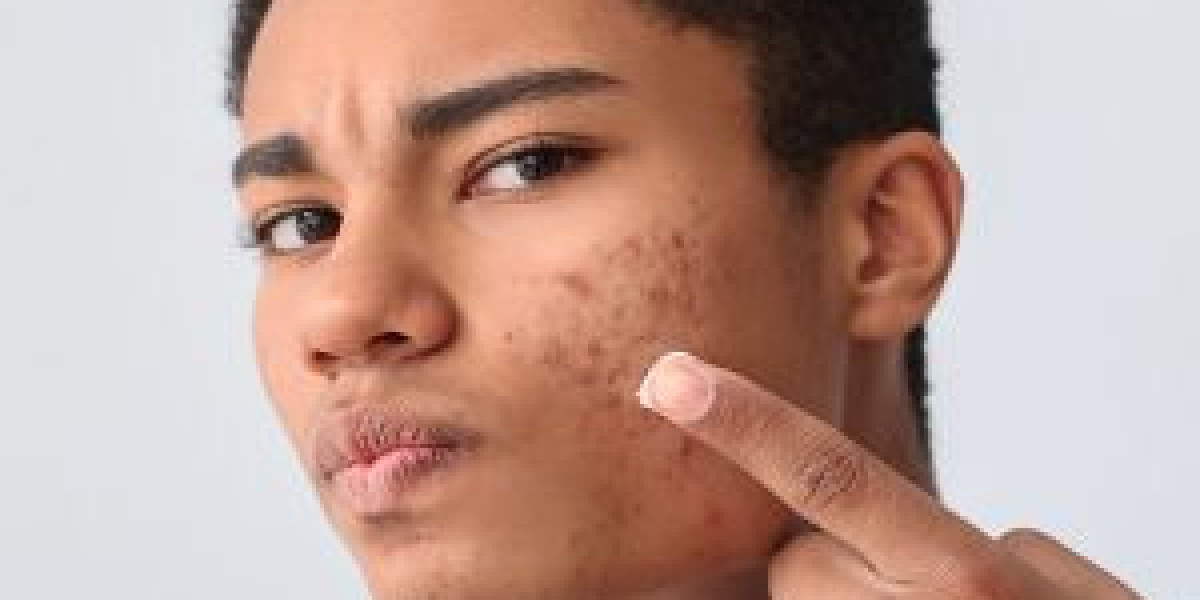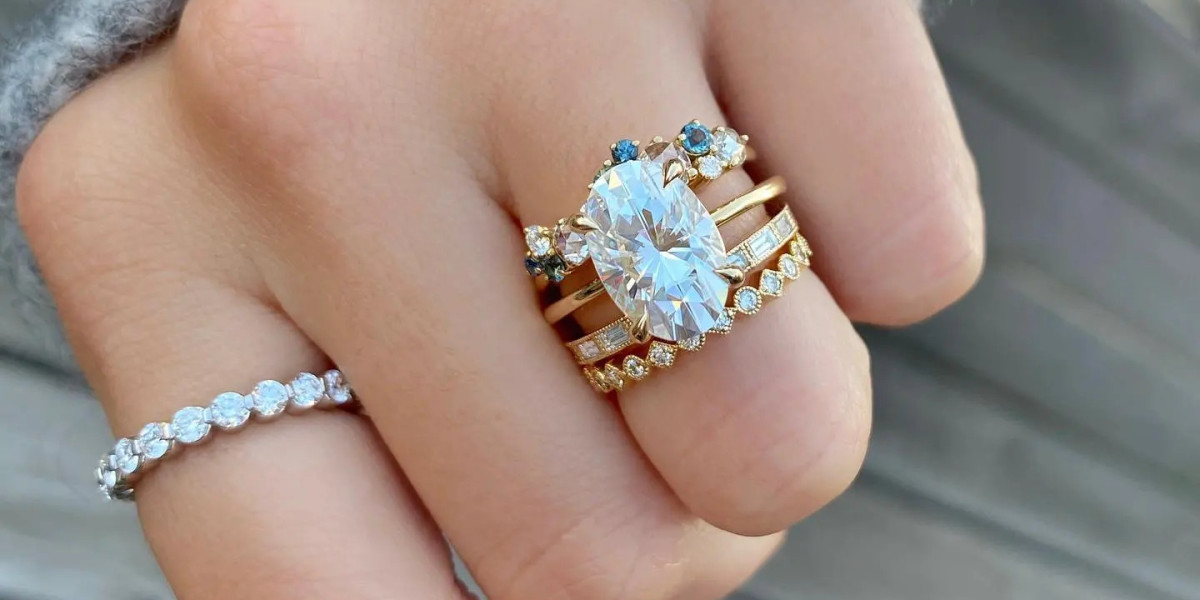Cystic acne is one of the most severe forms of acne, characterized by painful, large, and inflamed cysts deep under the skin. Unlike typical acne, which tends to surface as small pimples or whiteheads, cystic acne often requires more intensive treatment. If you’re dealing with cystic acne, you may feel frustrated and helpless. Fortunately, there are several ways to manage this condition effectively. For those considering Acne Treatment in Islamabad, a combination of medical treatments and proper skincare can help you regain control over your skin.
What Causes Cystic Acne?
Cystic acne forms when pores in the skin become blocked, trapping oil, bacteria, and dead skin cells beneath the surface. This leads to infection and inflammation, resulting in large, red cysts that are often painful to the touch. Hormonal changes, stress, and genetics can all contribute to the development of cystic acne. In some cases, certain foods and lifestyle factors can also trigger outbreaks.
Effective Treatments for Cystic Acne
1. Prescription Medications
Over-the-counter products are usually ineffective against cystic acne due to its severity. Prescription medications are often required to treat this condition. Dermatologists may recommend oral antibiotics to reduce inflammation and kill bacteria. Retinoids, which are derived from vitamin A, are another common prescription that helps unclog pores and prevent new cysts from forming.
For more severe cases, isotretinoin (commonly known as Accutane) may be prescribed. This powerful oral medication works by drastically reducing the amount of oil your skin produces. It’s known to provide long-lasting relief from acne, but it also comes with potential side effects and should only be used under close medical supervision.
2. Cortisone Injections
For those dealing with a particularly painful or large cyst, a cortisone injection can provide rapid relief. A dermatologist can inject a diluted steroid directly into the cyst, which reduces inflammation and speeds up healing. This option is ideal for people who need immediate relief, but it is not a long-term solution for preventing future breakouts.
3. Topical Treatments
Topical treatments that contain ingredients like benzoyl peroxide, salicylic acid, and retinoids can be effective in managing cystic acne. While these may not completely eliminate cysts, they can help reduce inflammation and prevent future outbreaks when used consistently. A dermatologist may prescribe stronger topical treatments if necessary.
Skincare Tips for Managing Cystic Acne
1. Cleanse Gently
It’s crucial to maintain a consistent skincare routine without irritating your skin further. Use a gentle, non-comedogenic cleanser twice a day to remove excess oil, dirt, and bacteria without over-drying the skin. Avoid harsh scrubbing, which can exacerbate inflammation and cause scarring.
2. Moisturize
Even if you have acne-prone skin, it’s essential to keep your skin moisturized. Opt for oil-free, non-comedogenic moisturizers that won’t clog your pores. Hydrated skin heals faster and is less prone to irritation.
3. Avoid Picking or Popping Cysts
It can be tempting to try and pop cystic acne, but this often makes the problem worse. Picking at cysts can lead to scarring, further infection, and prolonged healing time. Instead, apply a warm compress to reduce swelling and discomfort, and let the cyst heal on its own or with the help of a dermatologist.
When to Seek Professional Help
Cystic acne often doesn’t respond well to over-the-counter treatments, and in many cases, professional intervention is necessary. If your acne is persistent or causing significant pain and scarring, it’s important to consult a dermatologist. They can recommend treatments tailored to your skin type and the severity of your acne.
Conclusion
Dealing with cystic acne can be challenging, but with the right approach, it’s possible to manage and reduce breakouts. Prescription medications, topical treatments, and professional interventions like cortisone injections are all effective methods for treating this severe form of acne. If you’re struggling with cystic acne and looking for expert guidance, Acne Treatment in Islamabad at SKN Cosmetics Clinic offers advanced treatments to help you achieve clearer, healthier skin. Don't hesitate to seek professional help to take control of your skin and improve your confidence.


